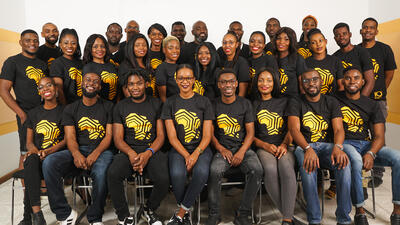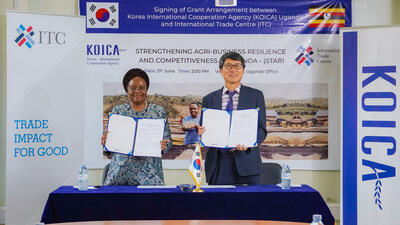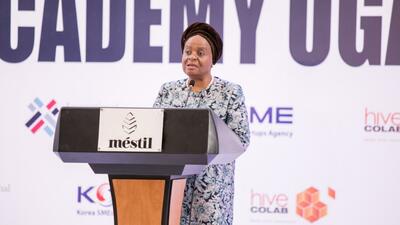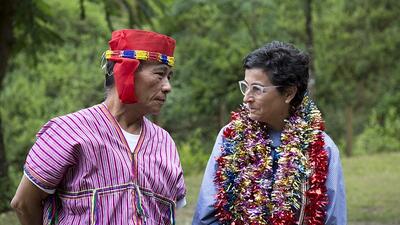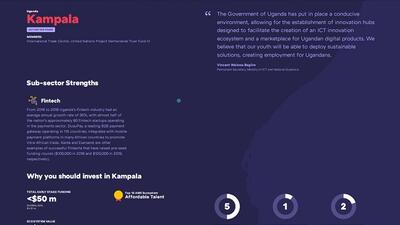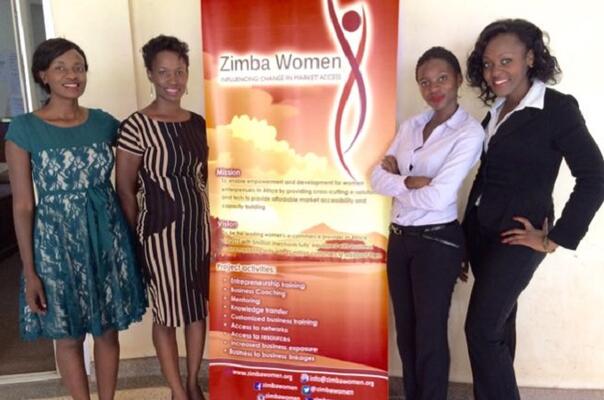
ZimbaWomen gains Barclays as partner after Connected East Africa 2015 event (en)
Networking at the Connected East Africa Summit recently landed ZimbaWomen a collaborative project with Barclays Bank Uganda. The Uganda-based e-solutions service provider is now in talks with the bank about partnering on a Women in Business programme, currently under development, that would offer training on operating a business.
ZimbaWomen is participating in the Building Young Futures programme thanks to a connection Chief Executive Officer Sherifah Tumusiime made at the East Africa summit, which ran from 30 March to 2 April. The annual conference addresses issues of building an integrated information and communications technology infrastructure and policies in the region, bringing together government officials, ICT executives and participants, and academics and policy experts.
Building Young Futures, which has been operating since 2013, teaches young women and men about business and financial management, giving them the skills needed to set up small income-generating enterprises.
ZimbaWomen, a Netherlands Trust Fund III company, seeks to create opportunities for women to participate in the economy by providing access to skills and training for current and future female entrepreneurs. The organization educates women about new technologies and basic IT tools needed for small businesses.
The Women in Business programme that is now being developed by Barclays is an ideal fit for ZimbaWomen’s expertise. The programme would provide training such as “how to start up your own business, how to budget for your business, basic accounting and how to set up a business account, as well as helping women manage their online presence with the help of new technologies”, said ZimbaWomen’s Chief Operations Officer, Peace Kuteesa.
Being affiliated with Barclays, which would provide the venue and the logistical support for the training, is a “win-win” for everyone involved, said ZimbaWomen Business Development Manager Elizabeth Kasujja. The brand is internationally known, which adds to ZimbaWomen’s credibility, she added.
The partnership would also show that the organization could provide similar IT solutions to other international lenders, said Project Manager Stella Nassali.
“Barclays is big for us right now, but we know that this is not the end. We can only go higher,” she said. “We know now that we can approach other banks and try to sell the same product to them.”
At the same time, Barclays would benefit from the Women in Business programme by attracting new clients. Many of the 60 female entrepreneurs who would be subscribed to ZimbaWomen would most likely open new business accounts with the bank. While Barclays still needs to develop the programme, discussions are ongoing and ZimbaWomen is optimistic, Tumusiime said.
Collaborating on Women in Business might eventually enable ZimbaWomen to take its activities outside Uganda and network with more developed economies. The partnership might also pave the way for more women to obtain loans, as Barclays likes to encourage female entrepreneurs.
ZimbaWomen’s biggest partnership to date is with the Ugandan Investment Authority, an NTF strategic partner.








